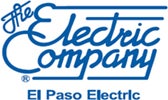Texas solar panels guide 2023
Updated April 14, 2023The investment return and savings that homeowners can make by buying solar panels vary more by city and utility in Texas than in any other state in the country. This is largely because most of Texas’s electric utilities are deregulated, making it possible for people in most cities to choose which retail electric provider they want to use. This causes a lot of variation in the amount of solar savings Texans can get.
In some cities, like Austin, upfront utility rebates are abundant. In the Dallas/Fort Worth area, Oncor offers a rebate program that can make installing solar plus storage a solid investment for homeowners. Available utility incentives, coupled with the 30% solar tax credit make it possible that a solar installation will pay back its cost in 10 years or less!
Solar incentives are few and far between in other places in Texas, especially those served by rural electric co-ops. However, many do offer solar buyback programs so customers can still see some solar savings. Solar payback can take up to 15 years in areas without upfront utility rebates.
On this page:
Solar power prices, savings and payback in your part of Texas
The average cost for an installed residential solar system in Texas is currently $11,647 after claiming the 30% federal solar tax credit. This is $2.77 per watt. However, there is some variance in solar prices in different parts of the state. The graph below shows the average cost of installed solar systems in your part of the state.
Showing data for:
Prices based on a 5.5kW system, after 30% federal tax credit
Net profit (savings less system cost)
$24,188-$29,563
Payback period
7.5-9.1 years
Recommended size for the selected utility bill
5.5kW
Solar panel cost calculator
Cash flow graph based on cash purchase of a 5.5kW system
Are solar panels worth it in Texas
Solar panels have fallen in price by more than 80% in the last ten years. In 2022 they also remain subsidized by the 30% federal tax credit and the net metering law, making them an excellent investment. They offer a return well above the long term average return from both the share market and also property investment.
Another way to look at this question is the levelized amount you will pay for each kWh of power you will use over the next 25 years with and without solar panels. As you can see below the savings are significant.
Levelized cost of solar energy
?
Levelized cost per kWh is the cost of the solar system divided by the total number of kWh produced by a solar system over it’s lifetime
5¢ /kWh
If you don't get solar
25¢ /kWh
(forecast avg Texas electric rates over the next 25 years)
TX solar panel cost calculator
Texas solar incentives & tax credits
Federal solar tax credit
The federal solar tax credit is the most significant incentive to install solar panels for homes and businesses nationwide. From now until the end of 2032, those who install solar panels will get a tax credit equal to 30% of the total solar installation cost. Battery storage installations are also eligible for the tax credit - even if they aren’t paired with solar panels!
The value of the tax credit will eventually drop in 2033 and will expire completely by 2035, so right now is an ideal time to go solar if you’re considering it.
Net metering
Texas does not have any state-wide rules or regulations when it comes to net metering. Despite that, a few retail electric providers and many utilities offer some form of a solar buyback program to credit you for excess solar energy produced on your roof. What plans are available to you depends on if you’re in a deregulated part of the state or not. You can check out our comprehensive breakdown of net metering and solar buyback plans in Texas to better understand what you can expect if you go solar.
Local incentives
A few utilities offer upfront incentives to use on top of the solar tax credit. If you live in the Austin area, you can get up to $2,500 from Austin Energy in addition to their Value of Solar billing program.
You're also in luck if you live in Oncor’s or AEP Texas’ service territory. Oncor offers a rebate of up to $9,000 when you install solar panels with energy storage, and AEP offers their SMART source Solar PV Program
There are a few other local incentives that municipal utilities and towns may offer, so keep an eye out! Your installer will also be able to help you find all the best ways to save in your area.
Property tax exemption
One statewide incentive that is available to Texans is a property tax exemption. That means all the value added to your home by solar panels is exempt from additional property taxes.
Table 2: Available incentive programs
|
Eligibility: Federal incentive
Type: Personal Tax Credit
|
|
Eligibility: State incentive
Type: Property Tax Incentive
|

Best unit price
$320.00 ($0.96 per watt)
Best system price
Installed 5.0kW system
$12,721.85
($2.53 p/w)
LG335N1K-V5 overview
Rated power
335 watts
Efficiency
19.6
Number of Cells
60
Cell type
Monocrystalline/N-type
Manufactured
KR
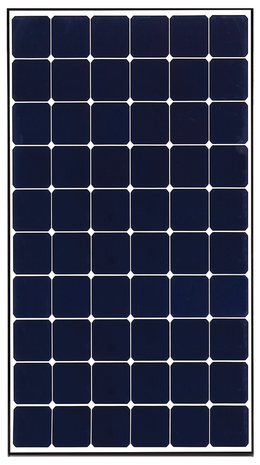
Best unit price
$562.50 ($1.50 per watt)
Best system price
Installed 4.9kW system
$12,120.18
($2.49 p/w)
LG375A1C-V5 overview
Rated power
375 watts
Efficiency
21.7
Number of Cells
60
Cell type
Monocrystalline/N-type
Manufactured
KR
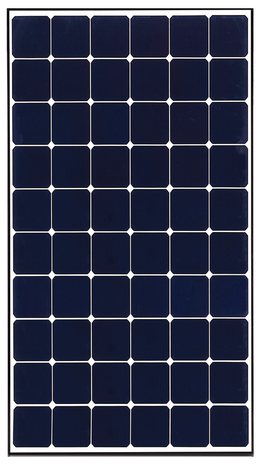
Best unit price
$430.00 ($1.15 per watt)
Best system price
Installed 4.9kW system
$12,919.30
($2.65 p/w)
LG375Q1C-V5 overview
Rated power
375 watts
Efficiency
21.7
Number of Cells
60
Cell type
Monocrystalline/N-type
Manufactured
KR
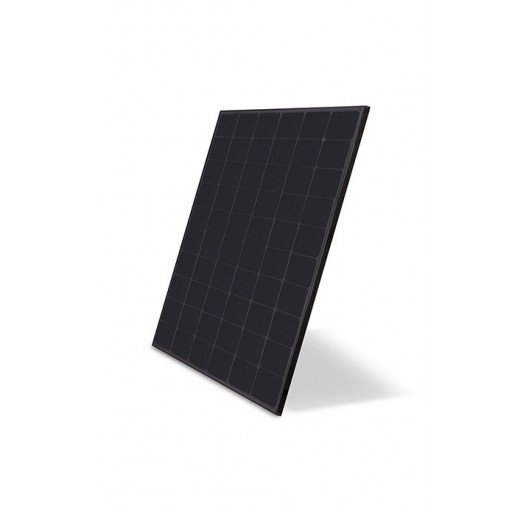
Best unit price
$473.34 ($1.30 per watt)
Best system price
Installed 5.1kW system
$13,231.07
($2.59 p/w)
LG365Q1K-V5 overview
Rated power
365 watts
Efficiency
21.1
Number of Cells
60
Cell type
Monocrystalline/N-type
Manufactured
KR
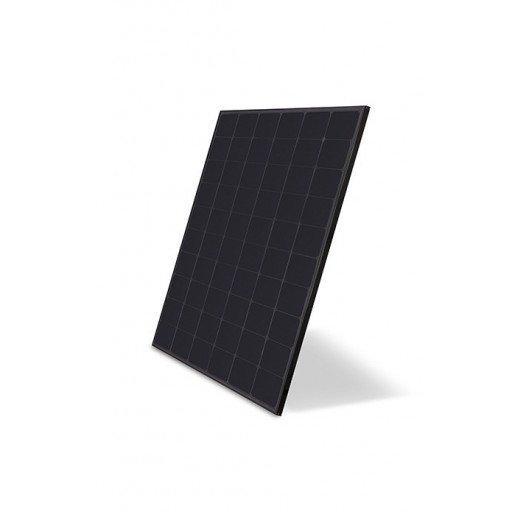
Best unit price
$432.00 ($1.20 per watt)
Best system price
Installed 5.0kW system
$13,276.66
($2.63 p/w)
LG360Q1K-V5 overview
Rated power
360 watts
Efficiency
20.8
Number of Cells
60
Cell type
Monocrystalline/N-type
Manufactured
US
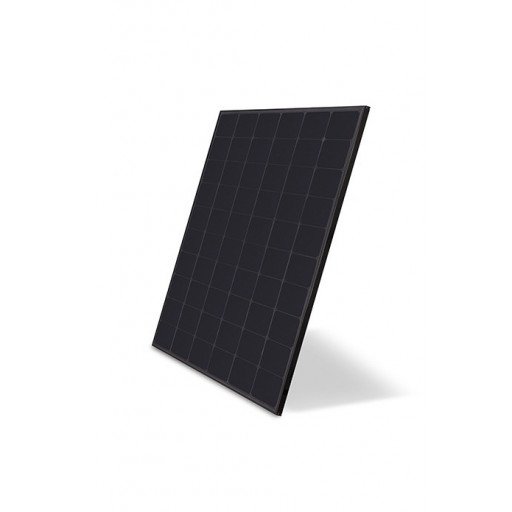
Best unit price
$530.85 ($1.50 per watt)
Best system price
Installed 5.0kW system
$12,386.87
($2.49 p/w)
LG355Q1K-V5 overview
Rated power
355 watts
Efficiency
20.6
Number of Cells
60
Cell type
Monocrystalline/N-type
Manufactured
US
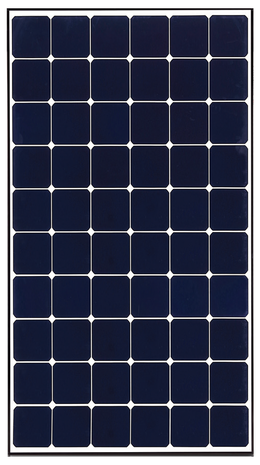
Best unit price
$495.00 ($1.38 per watt)
Best system price
Installed 5.0kW system
$13,091.06
($2.60 p/w)
LG360Q1C-V5 overview
Rated power
360 watts
Efficiency
20.8
Number of Cells
60
Cell type
Monocrystalline/N-type
Manufactured
US
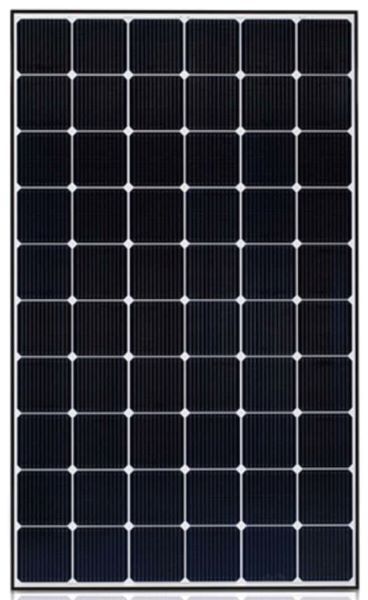
Best unit price
$407.97 ($1.10 per watt)
Best system price
Installed 5.2kW system
$13,159.30
($2.54 p/w)
LG370Q1C-V5 overview
Rated power
370 watts
Efficiency
21.4
Number of Cells
60
Cell type
Monocrystalline/N-type
Manufactured
US
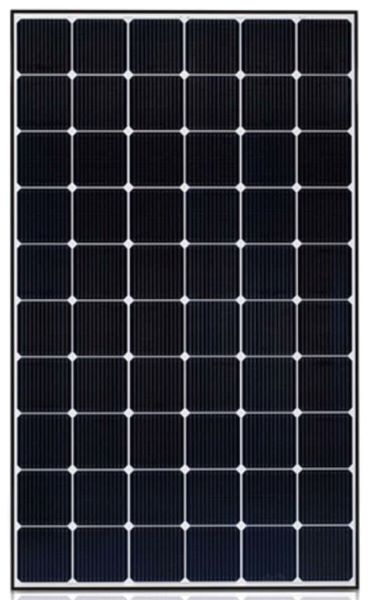
Best unit price
$323.39 ($0.97 per watt)
Best system price
Installed 5.0kW system
$12,691.01
($2.53 p/w)
LG335N1C-V5 overview
Rated power
335 watts
Efficiency
19.6
Number of Cells
60
Cell type
Monocrystalline/N-type
Manufactured
US
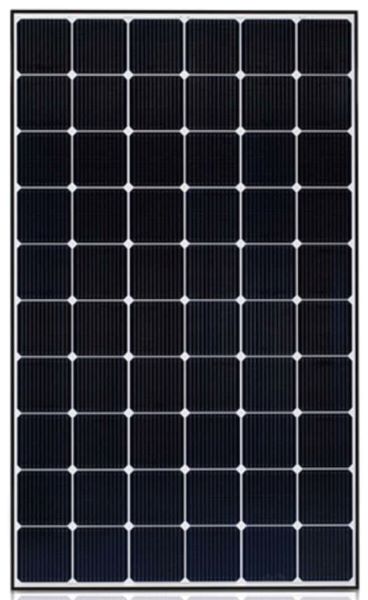
Best unit price
$338.19 ($0.99 per watt)
Best system price
Installed 5.1kW system
$0.00
($0.00 p/w)
LG340N1C-V5 overview
Rated power
340 watts
Efficiency
19.8
Number of Cells
60
Cell type
Monocrystalline/N-type
Manufactured
US
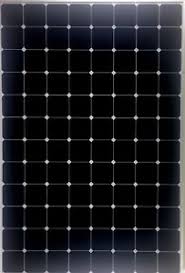
Best unit price
$600.00 ($1.83 per watt)
Best system price
Installed 4.9kW system
$12,808.41
($2.61 p/w)
SPR-E20-327-COM overview
Rated power
327 watts
Efficiency
20.4
Number of Cells
96
Cell type
Monocrystalline
Manufactured
US
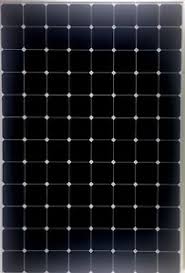
Best unit price
$800.00 ($2.22 per watt)
Best system price
Installed 5.0kW system
$13,201.67
($2.62 p/w)
SPR-X22-360 overview
Rated power
360 watts
Efficiency
22.2
Number of Cells
96
Cell type
Monocrystalline
Manufactured
US
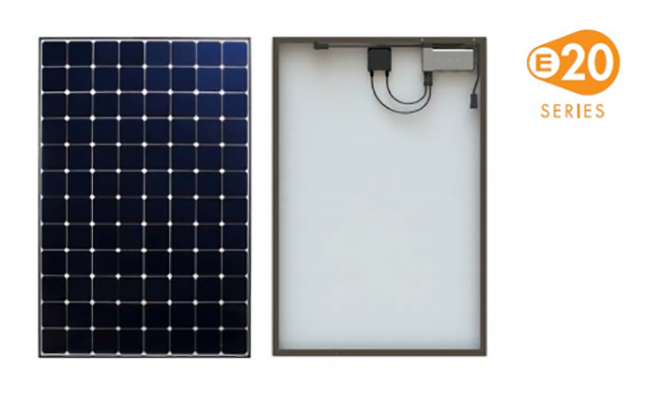
Best unit price
$620.00 ($1.90 per watt)
Best system price
Installed 4.9kW system
$13,703.10
($2.79 p/w)
SPR-E20-327-D-AC overview
Rated power
327 watts
Efficiency
20.4
Number of Cells
96
Cell type
Monocrystalline
Manufactured
US
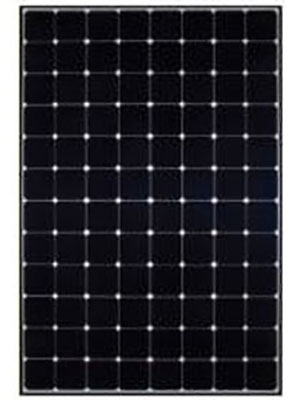
Best unit price
$620.00 ($1.90 per watt)
Best system price
Installed 4.9kW system
$13,610.59
($2.77 p/w)
SPR-E20-327 overview
Rated power
327 watts
Efficiency
20.4
Number of Cells
96
Cell type
Monocrystalline
Manufactured
US
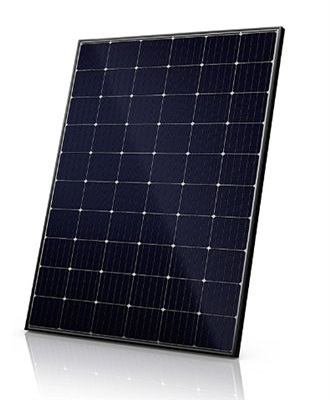
Best unit price
$181.00 ($0.60 per watt)
Best system price
Installed 5.1kW system
$11,003.04
($2.16 p/w)
CS6K-300MS overview
Rated power
300 watts
Efficiency
18.33
Number of Cells
60
Cell type
Monocrystalline
Manufactured
CA
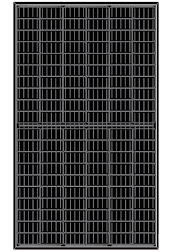
Best unit price
$196.11 ($0.65 per watt)
Best system price
Installed 5.1kW system
$9,948.02
($1.95 p/w)
LR6-60-HPB-300M overview
Rated power
300 watts
Efficiency
18.1
Number of Cells
120
Cell type
Mono PERC
Manufactured
CN
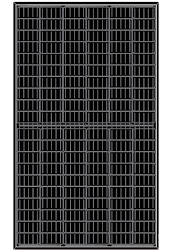
Best unit price
$172.00 ($0.56 per watt)
Best system price
Installed 4.9kW system
$9,568.53
($1.96 p/w)
LR6-60-HPB-305M overview
Rated power
305 watts
Efficiency
18.4
Number of Cells
120
Cell type
Mono PERC
Manufactured
CN
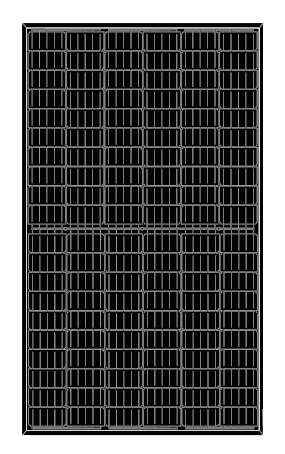
Best unit price
$165.00 ($0.53 per watt)
Best system price
Installed 5.0kW system
$9,761.72
($1.97 p/w)
LR6-60-HPB-310M overview
Rated power
310 watts
Efficiency
18.7
Number of Cells
120
Cell type
Mono PERC
Manufactured
CN
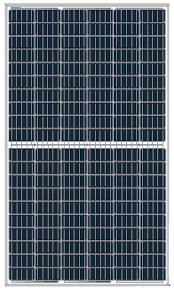
Best unit price
$228.00 ($0.60 per watt)
Best system price
Installed 4.9kW system
$9,579.65
($1.94 p/w)
LR4-60HPH-380M overview
Rated power
380 watts
Efficiency
20.9
Number of Cells
120
Cell type
Mono PERC
Manufactured
CN
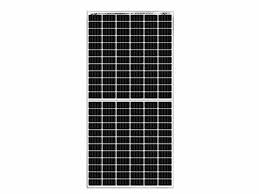
Best unit price
$234.00 ($0.60 per watt)
Best system price
Installed 5.1kW system
$10,126.74
($2.00 p/w)
LR6-72HBD-390M overview
Rated power
390 watts
Efficiency
19.4
Number of Cells
144
Cell type
Mono PERC
Manufactured
CN
Average cost of solar panel installation in Texas by system size
System size* |
Cash purchase(After tax credit) |
Financed purchase(After tax credit) |
|---|---|---|
| 4kW | $11,900 | $12,733 |
| 5kW | $14,245 | $15,242 |
| 6kW | $16,638 | $17,803 |
| 7kW | $19,257 | $20,605 |
| 8kW | $22,320 | $23,882 |
| 9kW | $24,363 | $26,068 |
| 10kW | $26,800 | $28,676 |
Best solar companies in the main cities of Texas
Home solar basics
Is it better to lease or buy solar panels in Texas
You will save most money by buying your solar system rather than leasing it. Read more about the pros and cons of leasing vs buying solar.
How long do solar panels last?
Minimum of 25 years but generally 30 or more
How do solar panels work on a home?
Solar panels power your house when they can but your home uses the utility company for power at other times. In 2023 "solar systems with battery storage" are becoming more popular. These are known as hybrid systems.
How do solar panels work?
Grid-tied solar system
A grid-tied system is the most common type of solar system. It has no solar battery for backup power and utilizes net metering to maximize savings. Solar panels are mounted on your roof then wired together, and the power generated flows into an inverter where direct current (DC) electricity is converted into alternating current (AC) electricity. This electricity is either used by your home or is exported to the utility grid.
Hybrid solar system
In hybrid solar systems, rooftop solar panels are connected to both a solar battery and the electric grid. The solar electricity generated by your panels that your home does not use is stored in the battery instead of being sent to the grid, which reduces your reliance on the utility while also providing backup power when needed. Battery storage is still expensive but you may be able to reduce costs by using state incentives.
Off-grid solar system
Off-grid solar systems are not connected to the grid at all, so all of your energy needs must be met by the sun. There is no utility to fall back on. The solar installation needs to power your home not only during the day, but after dark as well, so many solar panels and a large battery system are required. These systems are often expensive and don’t make sense for homes that have access to the grid.
Read more about types of home solar systems.
Do solar panels require regular maintenance?
No, but cleaning them can improve power generation if they are dirty.
Will residential solar power system cost fall in Texas in 2023?
Given this environment, and the effect of import tariffs placed on solar panels by the Trump administration during 2018, it is hard to see that solar power system prices in Texas will fall during 2023.
How much electricity do solar panel systems generate in Texas?
Depending on the location, solar panels will generate different amounts of electricity.
A solar system that is installed on a south-facing 20-degree pitch roof Texas will generate 1,360kWh of peak DC (direct current) capacity per year per 1kW in the Houston area.
Enter your details into the solar panel calculator to see how your location, roof tilt, and roof direction impacts solar panel production.
What are the pros and cons of installing solar panels in Texas?
The biggest advantage of going solar in Texas is that select cities and utility companies offer rebates worth thousands of dollars that can be combined with the 30% federal tax credit and property tax exemption. With Texas receiving more sunlight than most other states, a lot of energy can be generated by solar panels.
Where you live and what utility company you utilize plays a huge factor in how big your savings will be. Besides this, having the federal tax credit and tax exemption will keep the money in your pocket.
The biggest con of going solar in Texas is that no laws mandating net metering exist. Even though some companies offer solar buyback programs, your choices are limited. Also, companies that provide rebates and net metering are not required to do so; therefore, they could end these programs at any time for any reason.
Plus, there aren’t a ton of solar rebates offered outside of big cities or service territories of major investor-owned utilities, which really limits your options if you live out of range.
Enter your details to calculate the cost and savings you are likely to get from installing solar panels for your home.
What you can learn from our state solar panel calculator
This solar calculator requires you to input your address, utility company, your average monthly power spend - it tells you:
- What size solar system do you need?
- Answers the question of How many solar panels do I need?
- How many square feet of roof space you need for solar panels
- Solar electricity production in annual kWh (kilowatt-hours) you can expect from your solar system in Texas
- The value of solar tax credits and other incentives you are entitled to based on the estimated size of system you need, your location and your utility provider.
- Likely cost based on an average of prices charged for solar systems of that size in the last year in Texas or
- The likely payback period on your solar panels and your investment return.
- Your total lifetime solar savings based on each of the major solar finance options, a cash purchase, a cash purchase funded with a HELOC (home equity line of credit) and a zero-down PPA or third party lease product.
If you want to see all of the above but also see live pricing, the three best solar deals available in your city and get binding quotes from each of these solar companies then use this Texas solar panels calculator. This calculator requires you to also input your name and contact details because most of our 200+ installer partners will only authorize the sharing of their live solar pricing where we have validated that you are a real homeowner with a home in their service area. We respect the privacy of your data and only share your contact details with the solar companies you ask us to get binding quotes from.
Note: Please keep in mind that the best source of up-to-date information on incentives are the solar installers who specialize in your area.




